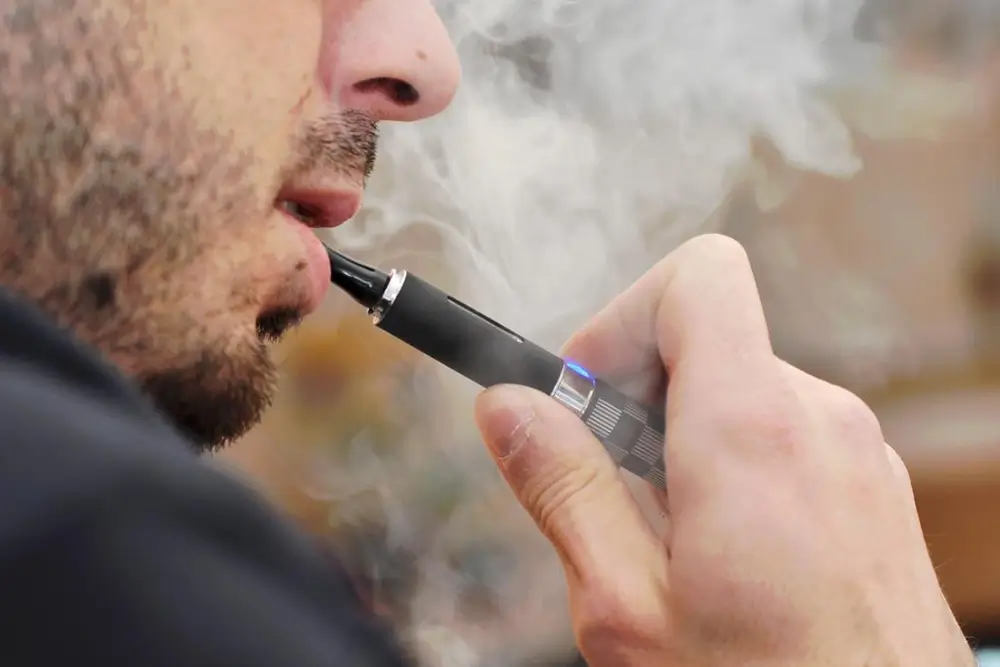It’s understandable that, in the current climate, some non-vapers may be concerned about vapour clouds. After all, a cloud of vapour breathed out of someone’s lungs could potentially contain droplets of the dreaded Covid-19 and so easily be breathed in by someone else, couldn’t it?
In actual fact, there’s no scientific evidence that clouds of vapour generated by a device heating e-liquid from, say, a vape shop London and breathed in and out ensures its user – or anyone else – is more susceptible to catching the coronavirus than otherwise. So, in the midst of so much anxiety about public activities contributing to the pandemic but a lack of evidence for *this* activity doing so, why might this contention about vaping and Covid-19 be hanging around? Why is it being (ahem) spread?
The truth about Covid-19 and vaping
Well, it could be that it’s been a rumour encouraged by both anti-smoking advocates *and* anti-vaping advocates. Such people may have encouraged the rumour on the assumption that, because smokers may have pre-existing respiratory issues (and, of course, many vapers are ex- and would-be ex-smokers), they’re likely not only to be carrying Covid-19 but also potentially consumptive and very likely to spread the virus.
This assumption is nonsense, however; it’s well known that anyone can catch the virus as easily as anyone else – whether you have pre-existing conditions makes no difference in whether you’ll catch and develop Covid-19. Plus, it’s just as well known that many carriers can be asymptomatic rather than show apparent coronavirus symptoms.
Beware the real Covid-19 symptoms – coughs and sneezes

The truth, of course, is that Covid-19 can be very easily spread from person-to-person through coughing and sneezing. This, naturally, results in symptoms including a sore throat, repetitive coughing, flu-like aches, chills, fever and breathing difficulties. The symptoms usually manifest themselves between two and 15 days of contracting the virus.
For several experts, then, the idea the coronavirus can be contracted via a cloud of vape juice-generated aerosol is a foolish supposition – certainly when compared to the certainty of risk offered by being near someone coughing or sneezing. And especially when you consider the fact a vape cloud, by its very nature, dissipates in the air – even more so in open air – within just a few seconds, while droplets propelled from a cough and, especially, a sneeze hang around in the air far longer.
Better to be safe than sorry

So,
while vaping doesn’t present any additional risk to anyone of contracting or
spreading Covid-19, the bottom line is this is only so if any and every vaper
takes all the health and safety steps that, right now, everybody should be
taking. It’s crucial that, when you’re outside or inside (should you not be at
home) and around others, you wear a face-mask or face-covering – vaping does
not exempt anyone from covering their mouth.
It’s also crucial to recognise just how severe and indiscriminate this illness
can be – seemingly perfectly healthy adults can contract Covid-19 and be
terribly affected by it, potentially left with long-standing symptoms or,
worst, its symptoms could tragically take their life.
Those with pre-existing respiratory issues (asthma, for instance) and other pre-existing health conditions can be especially vulnerable if they contract the virus. And, as noted, it’s well believed a good number of (would-be-) ex-smokers and a number of vapers, too, suffer from respiratory issues – as well as some herb vapers, the likes of whom may well enjoy using a PAX 2 vaporizer UK – which means that, while they’ll find the virus no more contagious or are no more likely to pass it on, they could well be more vulnerable to its effects than others.
Quite simply, now is the time to be safe rather than sorry – Covid-19 is still here and can and will affect vapers just as much as anyone else.





